SLVSDO2C February 2017 – February 2018 TVS3300
PRODUCTION DATA.
- 1 Features
- 2 Applications
- 3 Description
- 4 Revision History
- 5 Device Comparison Table
- 6 Pin Configuration and Functions
- 7 Specifications
- 8 Detailed Description
- 9 Application and Implementation
- 10Power Supply Recommendations
- 11Layout
- 12Device and Documentation Support
- 13Mechanical, Packaging, and Orderable Information
Package Options
Mechanical Data (Package|Pins)
Thermal pad, mechanical data (Package|Pins)
- DRV|6
Orderable Information
7.7 Typical Characteristics
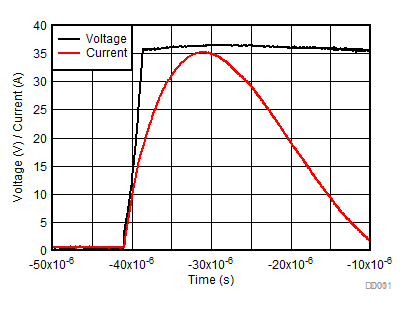
Figure 1. 8/20 µs Surge Response at 35 A
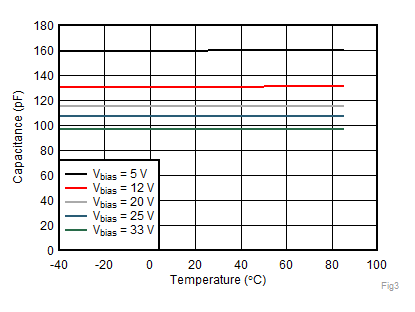
| f = 1 MHz, 30 mVpp, IO to GND |
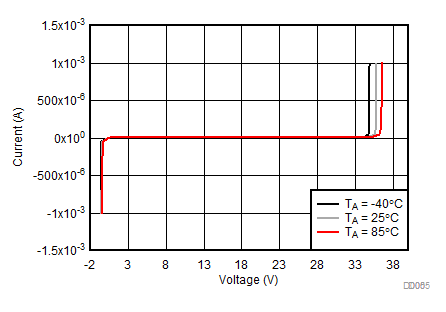
Figure 5. I/V Curve Across Temperature
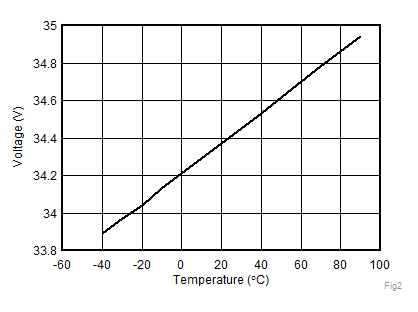
Figure 7. Breakdown Voltage (1 mA) vs Temperature
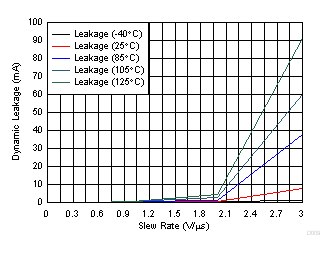
Figure 9. Dynamic Leakage vs Signal Slew Rate across Temperature
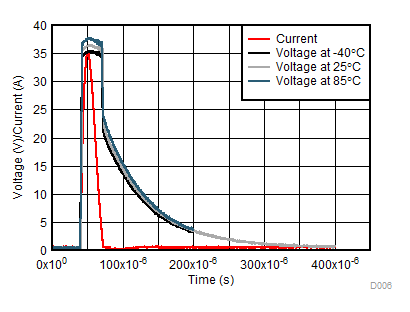
Figure 2. 8/20 µs Surge Response at 35 A Across Temperature
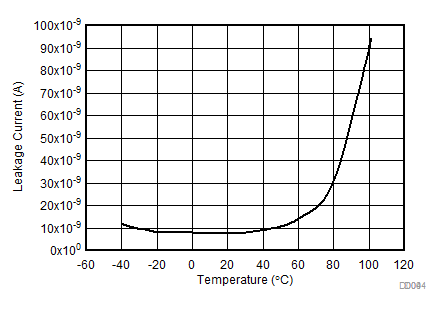
Figure 4. Leakage Current vs Temperature at 33 V
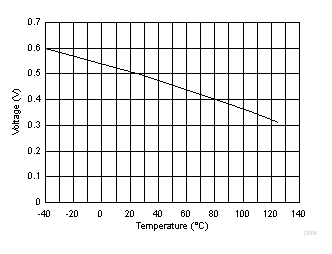
Figure 6. Forward Voltage vs Temperature
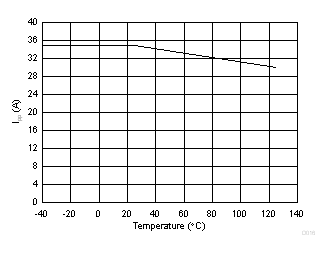
Figure 8. Max Surge Current (8/20 µs) vs Temperature